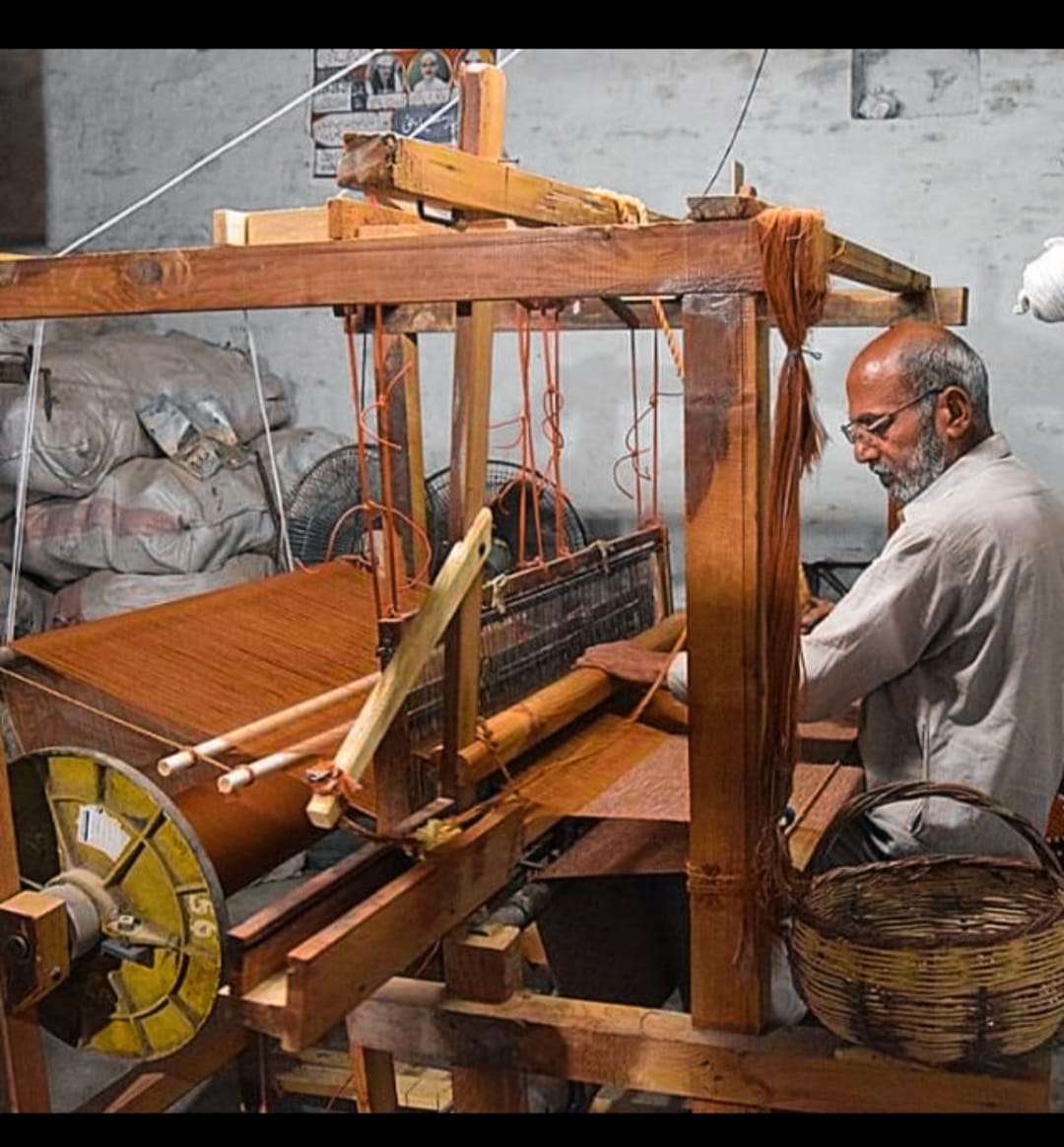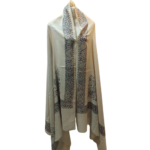Nestled in the heart of Pakistan, Kamalia is home to a centuries-old tradition that weaves stories of culture, resilience, and artistry into every thread. This small town is renowned for its khaddar—a fabric celebrated worldwide for its timeless elegance, comfort, and durability. But beyond its high-quality texture lies an untold narrative—a tale of skilled artisans, tireless dedication, and an enduring commitment to preserving a heritage passed down through generations.
Khaddar: A Labor of Love and Precision
Khaddar isn’t just a fabric; it’s a masterpiece born from labor-intensive craftsmanship. Made on a manual loom, or khaddi, the weaving process demands unparalleled skill, patience, and artistry. For the artisans of Kamalia, this isn’t merely a livelihood—it’s a way of life.
The journey begins with selecting high-quality cotton, spun into threads and dyed using traditional techniques. The threads, now vibrant with rich hues, are painstakingly woven on the khaddi. Every movement of the loom, synchronized with the artisan’s skilled hands, is a dance of precision. Each thread is carefully placed to ensure the fabric’s evenness, strength, and beauty.
What emerges from this meticulous process is more than just a piece of cloth; it’s a symbol of Kamalia’s rich cultural heritage. Yet, the artisans behind this intricate work often receive wages that fail to reflect the skill, time, and dedication invested in every piece.
The Hidden Cost of Kamalia’s Khaddar
Kamalia’s khaddar is an epitome of craftsmanship, admired globally for its exceptional quality. But for the artisans, this admiration doesn’t translate into fair compensation. The export-quality fabric they create is sold at premium prices by global brands, yet the artisans often earn barely enough to sustain their families.
These skilled workers labor tirelessly, weaving not just fabric but the legacy of Pakistan’s textile heritage. Despite their significant contribution, they remain trapped in a cycle of exploitation, earning meager wages while middlemen and brands reap exponential profits.
The beauty and durability of khaddar are a testament to their mastery, but the disparity between their earnings and the fabric’s market value tells a heartbreaking story of undervalued artistry.
The Story Behind Every Thread
Every piece of khaddar carries the story of Kamalia’s artisans—their unwavering dedication, their rich heritage, and their unyielding commitment to excellence. As consumers, it’s our responsibility to acknowledge the human effort behind the products we cherish.
By purchasing handmade khaddar directly from its source, you are not only investing in a fabric of unmatched quality but also supporting the livelihoods of the craftsmen who create it. These artisans deserve recognition, respect, and fair wages for their tireless work.
Preserving a Timeless Craft
Kamalia’s khaddar is more than just a fabric; it’s a testament to tradition, skill, and resilience. But this heritage is at risk if we fail to advocate for the artisans who keep it alive.
Supporting ethical businesses that prioritize fair wages and sustainable practices can help rewrite the story of Kamalia’s craftsmen. By valuing their contributions and ensuring they receive their rightful share, we can preserve this ancient craft and uplift the communities that depend on it.
Conclusion: A Call for Change
The journey of khaddar from Kamalia’s looms to the global market is a testament to the artisans’ dedication. However, the narrative of this extraordinary fabric cannot be complete without justice for its creators.
As we admire the beauty and quality of khaddar, let’s also stand in solidarity with the hands that weave it. Together, we can celebrate this timeless craft while ensuring the artisans receive the recognition, respect, and compensation they deserve.
Let’s commit to weaving a future where craftsmanship is valued, artisans are empowered, and every thread tells a story of fairness and pride.


